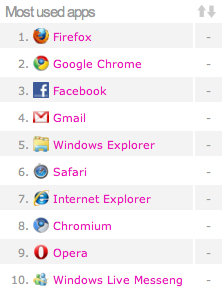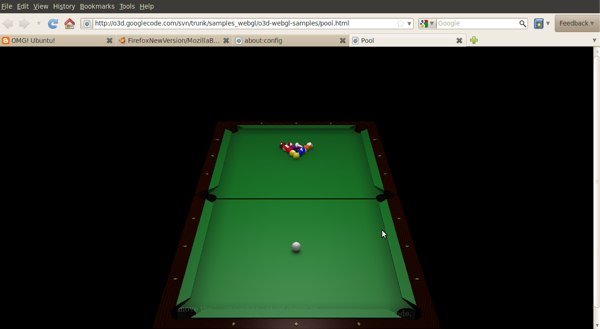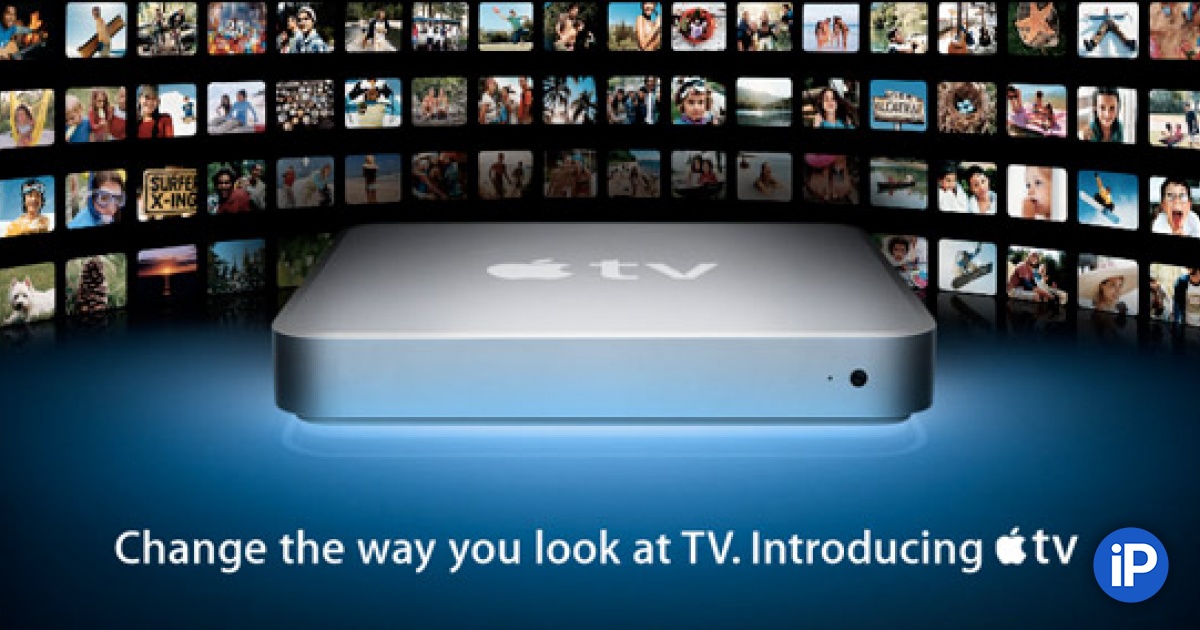It’s the year 1936. The first freely programmable computer — the Z1 — is being produced. With the ability to run programs from punched tape, the idea of desktop applications is forever solidified. This is now the stepping stone for all future computing, and nothing in the foreseeable future can stop it.
Until now.
It wasn’t too long ago when downloading applications for various operating systems was a daily occurrence for me (as was reinstalling operating systems to rid them of those applications). So imagine my surprise when I realized that I had not downloaded a Mac, Windows, or Linux application in over half a year! Not only is it interesting, but it is shocking as well, particularly when considering it has, for many years, been my job to review them.
How is this possible?
After all, these applications have for the longest time been necessary to exploit our computer’s full potential. If we want to create documents, we have Microsoft Office; if we want to edit photos, we have Photoshop; if we want to play games, we have StarCraft II; and if we want to do anything else on our desktop, there’s an app for that (yes, I had to say it).
Yet those days are fading fast. It is inevitable.
The Most Used Apps are Browser-Based
Take a look at application usage stats from Wakoopa, a service that tracks application usage on user’s computers who opt in. Of the top ten listed, eight of those are Web-oriented programs. Windows Explorer and Microsoft Messenger are the other two. Windows Explorer, at least in my mind, doesn’t really qualify as a desktop application in this context. Microsoft Messenger, though, is fair game. Sure, these stats alone are not much as far as hard evidence is concerned, but common sense should prevail. Desktop applications are dying.
There are suitable Web-based replacements for most, if not all, desktop-based applications. If you want to create, edit, and share documents, there is Google Docs. If you want to edit photos, there is Picnik. If you want to be unproductive, there is Farmville. If you want to watch videos, there is Hulu and YouTube. The list goes on and on.
We now live in a society where constraints are regularly avoided by consumers. Where openness and mobility are king. We want software to work with us when we want it, where we want it, and how we want it. As disheartening as it might be, the desktop operating system is no longer the best solution.
New and existing platforms have been engineered to pick up where the desktop left off. The Web has advanced significantly with major developments in Flash, HTML5, WebGL, JavaScript, and other technologies. Eventually, we will be playing beautiful 3D-intensive games in the comfort of our own Web browser. Smart phones and tablets are also on the rise. Arguably, these devices will continue to experience amazing growth as the world as wireless access continues to improve. And then there are those application markets.
Eventually, I believe these application markets will become the platform itself, with hardware acting primarily as an interface to the this content. Think about it: we already have the iPhone, iPod, iPad, and iTV taking advantage of a single, unified platform, iTunes. A social network is even being built around into it. It’s only a matter of time before most of Apple’s remaining products, including Mac computers, follow suit.
Yet we still have the traditional desktop with the traditional operating system that is designed to run third-party software. Admittedly, it is still useful today. There will always be the professionals and hardcore geeks that prefer today’s way of acquiring, developing, and running applications. There is a level of customization and control that is always going to be desired by certain consumers and businesses.
Everyone else, however, won’t miss these old desktop applications. Just as I had forgotten about desktop applications, the rest of the world will, in time, move on. But until someone cuts the cord, it’ll be painful to watch.






GIPHY App Key not set. Please check settings
15 Comments